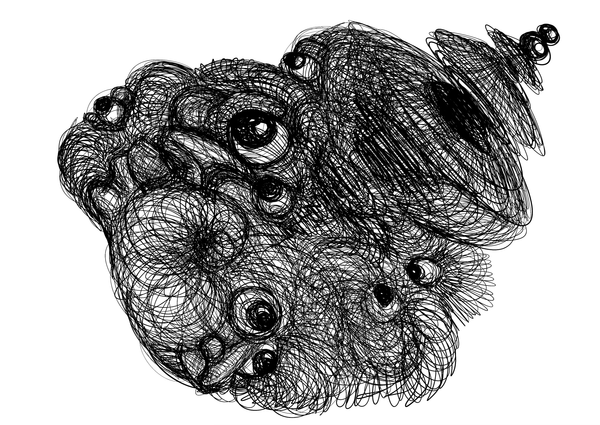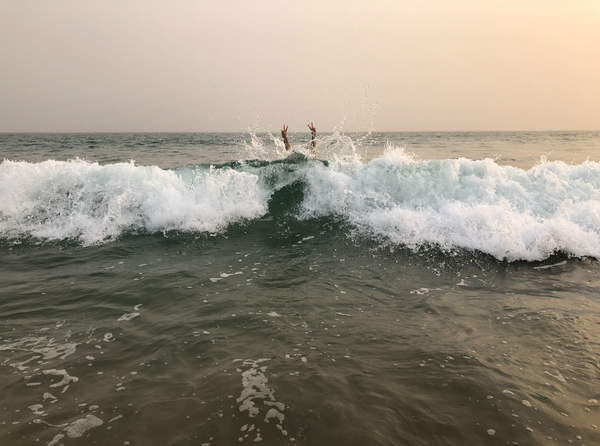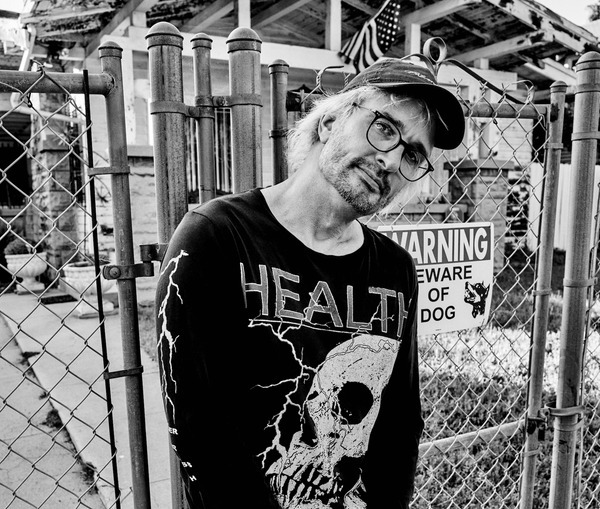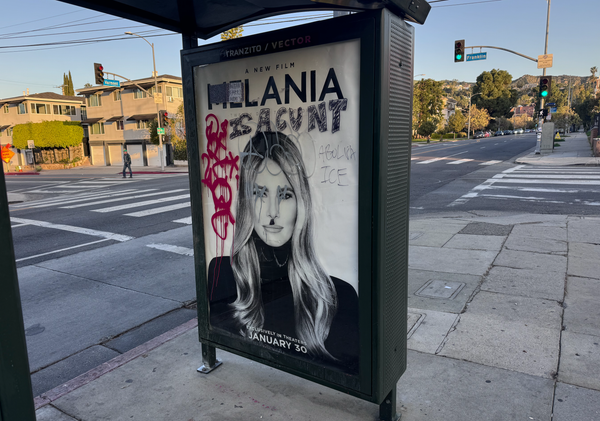The News Should Not Be Torture Porn
New Zealand has a particularly troubling relationship with its crime reporting.
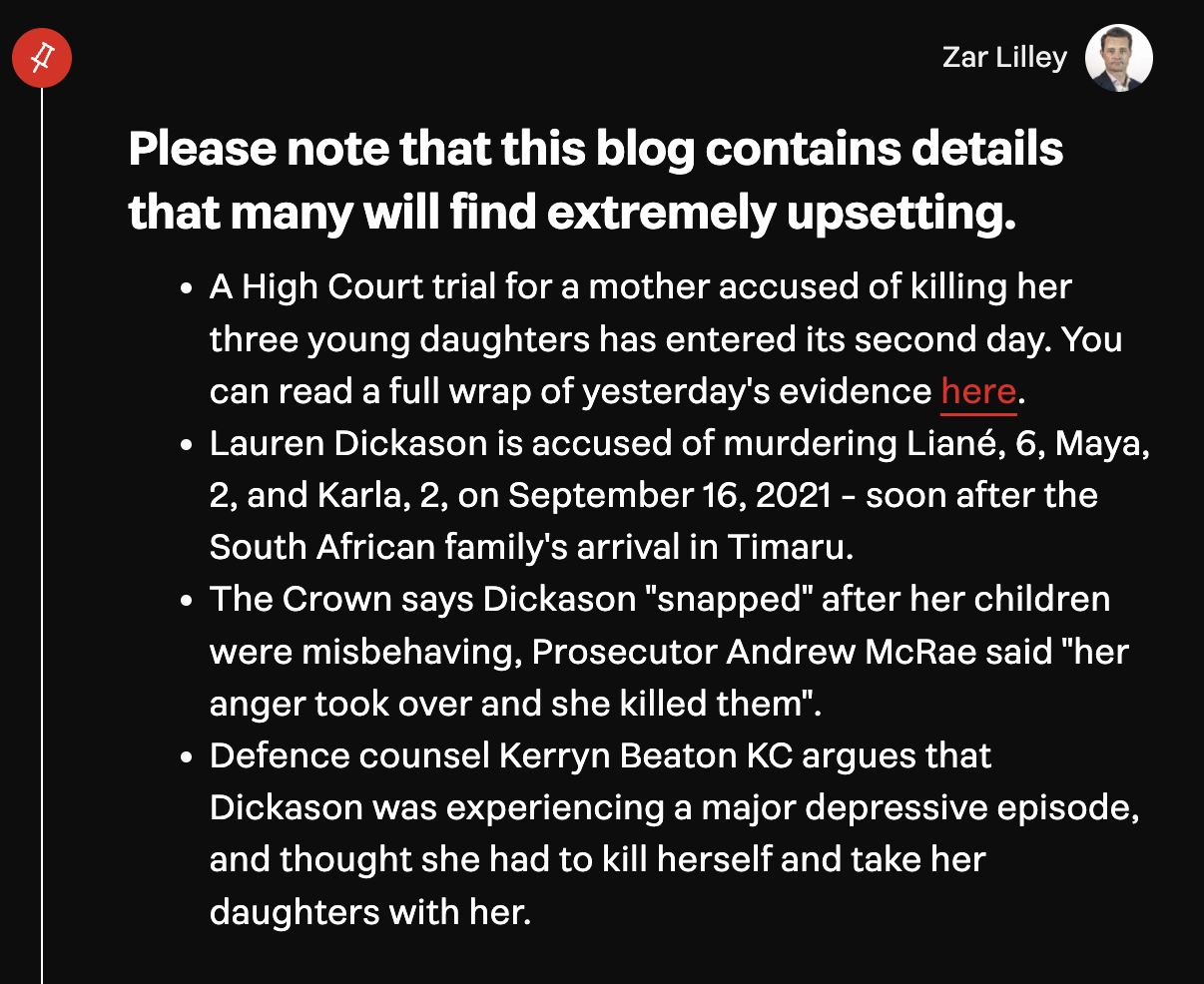
Hi,
I know this is a double hit of Webworm today (the other being a rather positive update on my loopy spinal column) but this one is bugging me and I had to get it out.
First up, a trigger warning — this Webworm discusses sensitive topics, and it’s a slight catch 22 in that as I critique news coverage, I risk falling into the same trap myself.
I’ll try not to.
Since being back in New Zealand I’ve been reminded of this country’s sort of bonkers approach to crime reporting, and the level of graphic detail we revel in.
We’re pigs rolling around in the mud, and the mud is just horrific details of the current crime trial we’re all glued to. Yes, this happens the world over: Go to America, or the UK, and there is a tendency to fixate on the grisly details. It’s leering at a car crash as we drive by. It’s deep in us, this need to look.
But I think New Zealand does this in a particularly unhinged way. It happens on our main 6pm news programs, our newspapers, our radio shows, and it happens on Aotearoa’s biggest news sites.
I noticed it when I first got back to New Zealand, in the grizzly coverage of a young woman’s extended torture, and eventual death, at the hands of her “friends”. Is it important we know that a young woman was murdered and those that did it have been brought to justice in some way? Yes. Yes it is.
But I am not sure my brain, or anyone else’s brain, needed to know every single detail of how she died. Reading the breathless coverage from some reporters who’d sat in court I realised I wasn’t reading the news, I was reading torture porn. It was Saw, it was Hostel. But this was real.
The details showed an utter disregard for the life that had been taken.
I’ve had a few Webworm readers write to me about this, sharing the complaints they’ve made to various newsrooms using phrases like “gratuitous” and “intimate details of a young woman’s violent death”.
In each case I’ve seen, the newsroom writes back justifying the coverage as “straight court reporting.” As in — if it was said in court, it’s fine to be said anywhere. One editor went on to say “Our role is not to withhold what has gone before an open court. If you object to what was put before the court, you would need to take that up with the Ministry of Justice.”
It was a middle finger to the reader, and I think it missed the point — that there is a way to convey what is going on in New Zealand society in regards to crime without the glee.

There’s another story playing out right now that’s demonstrating this even more: A woman who killed her three children before attempting to kill herself, in what appears to be some kind of extreme postpartum psychosis.
Of course, the trial is happening to figure out if that’s the case: insanity, or something more premeditated, or a combination of the two. I don’t know, but when it’s decided by the court, yes, it should be reported on.
It’s of interest to the public good because things like postnatal depression and mental health in general are serious problems in New Zealand, and there’s not enough help for it. People fall through the cracks, and people die.
But I’m not sure if we need the TV3 6pm news to dramatically tell us exactly how the deaths happened in such a truly alarming, visceral fashion.
Note: I have edited out my own one-sentence retelling after falling into my own catch-22 trap.
At some point certain news outlets decided to treat the news like a true crime podcast, following a case to the point where it has nothing to do with the public good, and everything to do with selling ads. This is not rocket science, or a revelation — we all know how this works. But it’s bad at the moment.
And in this case it’s disrespectful to the young children who died, their murders commodified for clicks.

Fuck.
Stuff is like a kid on too much sugar, live-streaming the whole thing. It is, in my opinion, deranged behaviour from a news organisation.


On and on it goes.

This trial will go on and on.
But that doesn’t mean this coverage has to go on and on.
A final thought.
There is something scary about New Zealand. Down deep. Underneath it all. A review of Mister Organ captured this feeling better than I could:
One of my favourite quotes about Aotearoa New Zealand comes from one of our finest filmmakers, Gaylene Preston. ‘There’s something that comes out of the land here that’s bloody spooky. I don’t feel it anywhere else I’ve been in the Western world. I feel it when I’m here.’
I remember coming home to Tāmaki Makaurau after a year or so away. Sometimes you don’t realise how you’re impacted by something until you’re in its absence. This place is my home, and I love it and am so in thrall to its beauty. But part of that beauty is this strange, underlying menace, this creeping darkness that feels present even on our sunniest days, which I felt rushing back to me within seconds of leaving the airport.
It’s hard to put a finger on, and yet our finest films, from The Piano to Snakeskin to Out of the Blue, capture this ineffable essence with great skill.
New Zealand can be a frightening place, perhaps because of the long-lingering shadow of colonialism. Perhaps it has always been here. But I’ve always felt that this land has a haunted quality, a feeling of connection to something unknowable and spiritual.
Don’t take this as an attack on Aotearoa — I love this place. But I think we need to acknowledge that there’s a certain dread here. It’s reflected in narrative films like The Piano, and more recently Coming Home In The Dark.
And I think perhaps it’s dribbled into the way we treat certain news events here, too.
New Zealand can be a frightening place. I agree with that reviewer earlier.
But that doesn’t mean we have to double down and make it more frightening for the sake of frightening.
Murders and deaths that happen in real life can be covered in much more thoughtful ways — ways that convey where we are in society, without turning it into a saga of gore we can’t turn away from; a saga of gore that teaches us nothing, but leaves us with a hopeless pit in our stomachs.
David.

